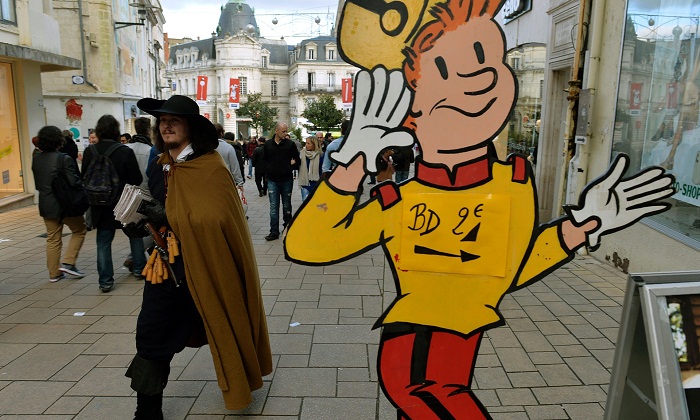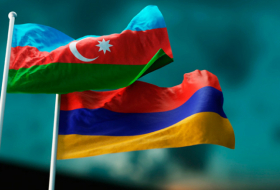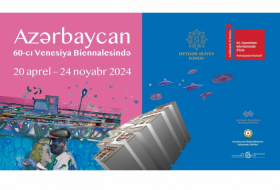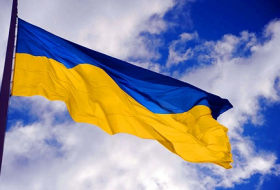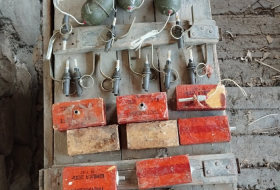Compere Richard Gaitet first told attendees at one of the world’s biggest comics events that the evening would be “the shortest ceremony in history, because everyone wants to drink and dance”, local paper Charente Libre reported. He then proceeded to name a series of winners, including Brian K Vaughan and Fiona Staples’s Saga, to applause and celebrations – only for his speech to be interrupted by two women, who told him: “Richard, we really have to start now.”
The real winners were then announced. Other competitors, who had not been informed about the stunt and thought they had won, were left to digest the change in their fortunes.
One publisher described it as a humiliation. “We believed it was a real announcement about the prizes. When they announced that Saga had won the prize for the best series, we jumped for joy,” Pol Scorttecia, head of Urban Comics, told Charente Libre. “We immediately tweeted the good news to the authors, Vaughan and Staples.” Shortly afterwards, they learned it was a joke. “They have not taken it very well. It’s really annoying, even humiliating, for them. It borders on schoolboy humour when we’re at an international festival.”
Comic Book Resources reported that one editor left the room in tears when she realised what had happened. “Nobody was pre-warned,” Sam Souibgui, a joke winner and editorial director of Komikku, told Libération. “It is an infamous cruelty. [Publisher] Cornelius shouted with joy when they won their fake prize. We were all happy, we had tears in our eyes, and we were humiliated. Thank goodness my authors weren’t there, and I didn’t have to explain this shitty French humour to them.”
In response to the criticisms, the festival said that a characteristic of hoaxes was to “briefly instil doubt to raise a smile”, and that Gaitet had been asked to bring “freedom, impertinence and humour” to his role, “in keeping with the spirit of independence of most comics creators”.
“We can regret that the humorous register of this sequence was not shared or appreciated by everyone, and the festival organisers are ready to send their regrets by letter to those comic writers who may have felt offended by this sequence,” they wrote in a statement. Franck Bondoux, the festival’s executive director, told Sud Ouest that all major awards ceremonies are “self-mocking” and “the problem is the dictatorship of the tweet”.
But Gaitet himself apologised for the controversy, telling Le Monde in a statement that his “fundamental mistake was to not have grasped the magnitude of expectations and hopes, the extreme emotions which filled the room on an occasion like this … I’m sincerely sorry to have hurt many professionals who work very hard to sustain this important art that I love: comics,” he added. “No, it was not the place or the moment or the year to try a thing like this.”
In January, the Angoulême event had been heavily criticised after its 30-strong shortlist failed to include a single woman, prompting a number of artists who had been nominated to withdraw in protest. In response, the festival agreed to include some female names in its line-up. Bondoux told Le Monde at the time: “The concept of the grand prix is to reward an author for their whole oeuvre. When you look at the prize list, you can see the artists on it have a certain maturity and a certain age. Unfortunately, there are few women in the history of comics art. It’s a reality. If you go to the Louvre, you’ll equally find very few women artists.”
More about:








